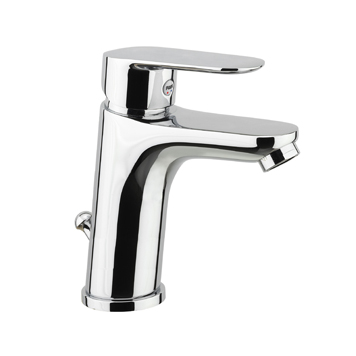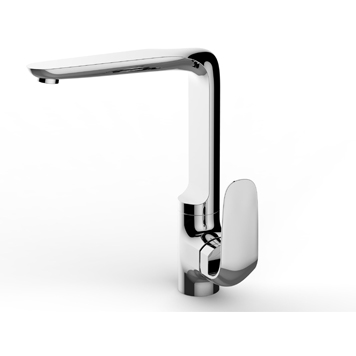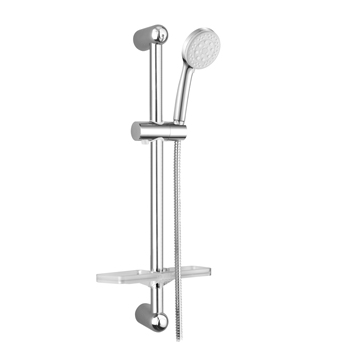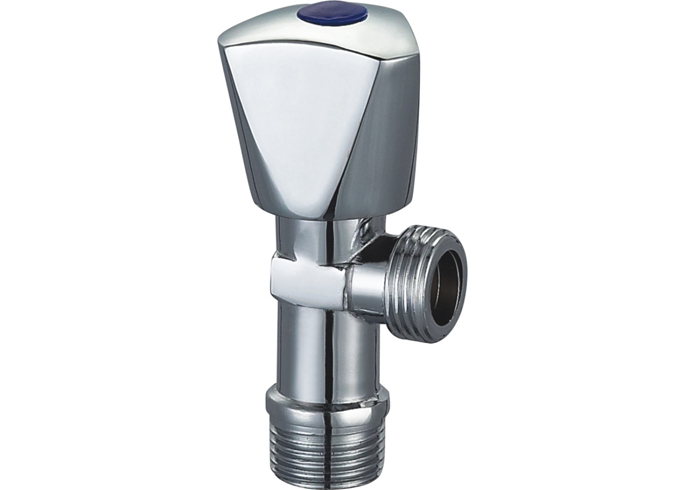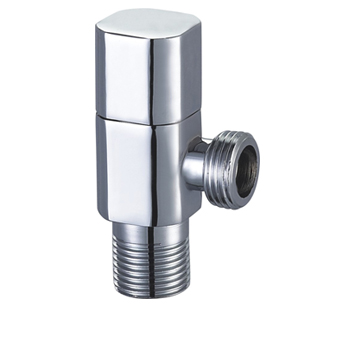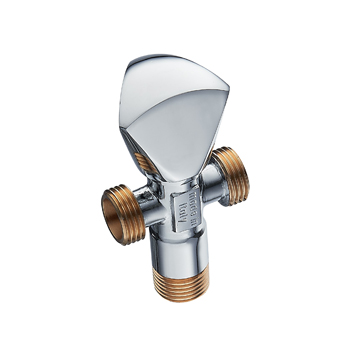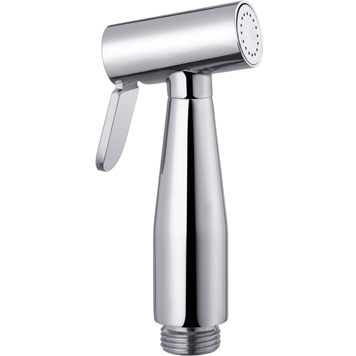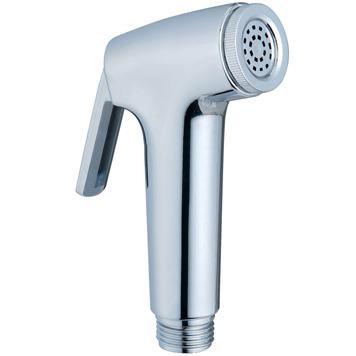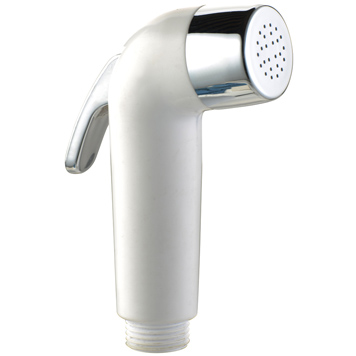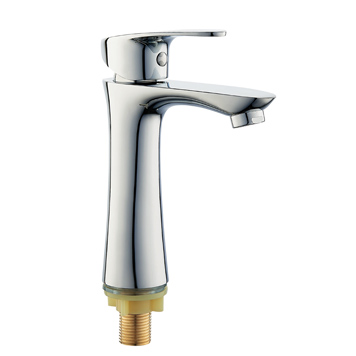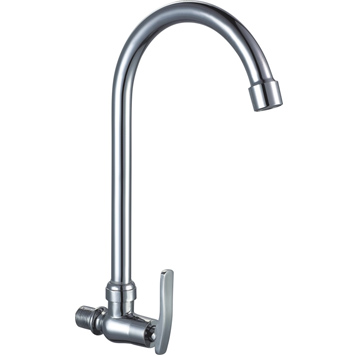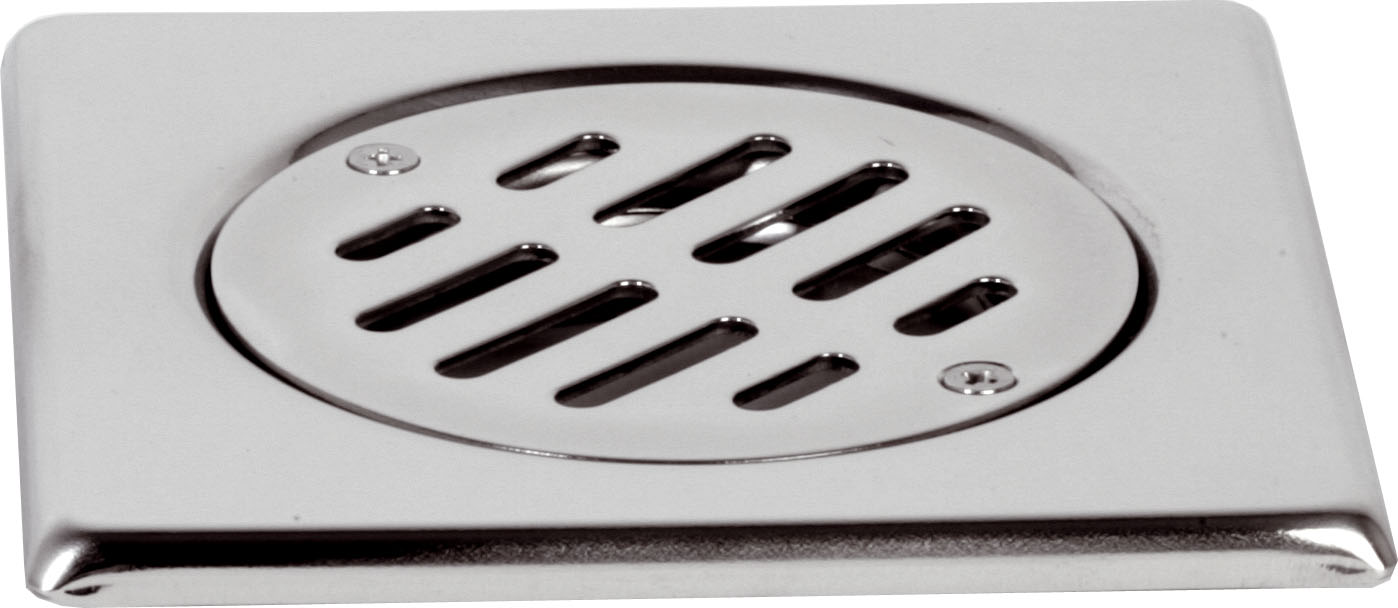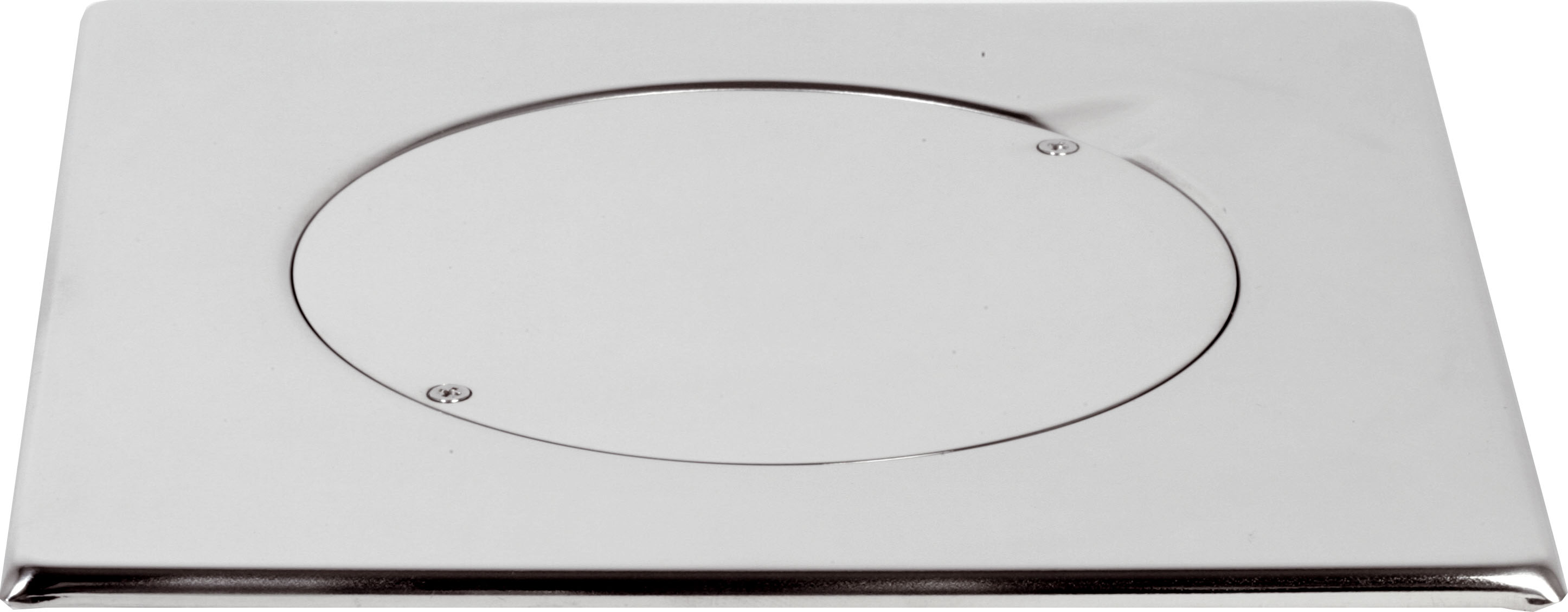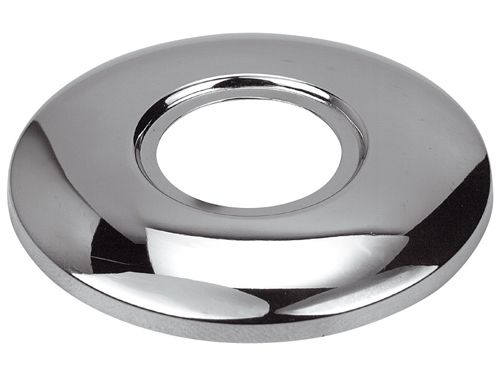The State of Safe Water and Sanitation
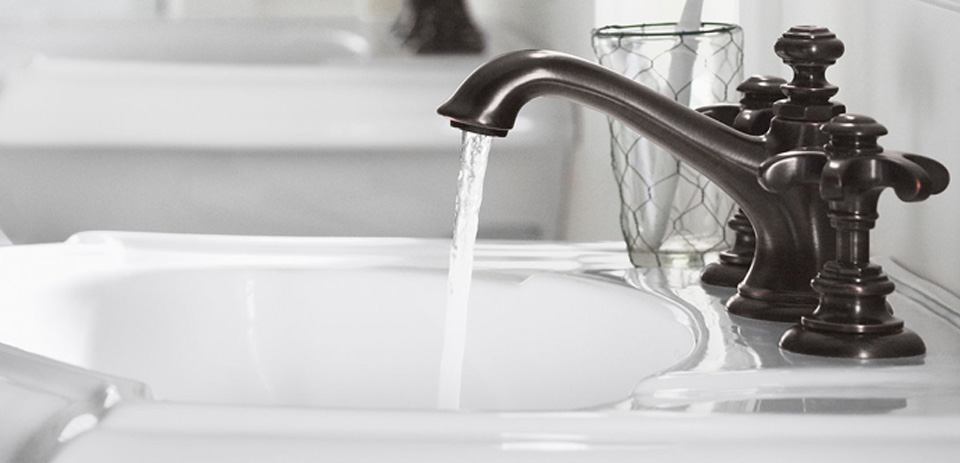
September 19, 2019
When we regard glitzy buildings and other physical infrastructure as the high-point of civilization, we often forget about safe drinking water and sanitation. Without these two essentials, no development is sustainable or delivers any tangible benefit to society a large.
Ban Ki-moon, the former UN Secretary-General, echoes these sentiments when he regards regard to water and sanitation as critical for poverty reduction, and sustainable development. In fact, water and sanitation are crucial to attaining all the eight Millennium Development Goals envisaged by the UN. The Eight Millennium Development Goals include eradication of extreme poverty and hunger, universal primary education, gender equality and empowerment of women, reduction of child mortality, improvement of maternal health, combating HIV/AIDS, malaria, and other diseases, environmental sustainability and to a global partnership for development.
Despite the advancement of civilization, a whopping 884 million people in the world today do not have access to safe drinking water. Worse, about 2.6 billion people, or 40% of the world’s population, lack access to basic sanitation. Even basic hand-washing facilities are out of reach to many. 15% of the world still practice open defecation. When we consider the water-parched urban zones of many third-world cities, this figure may increase considerably. Unsafe sanitation causes 775,000 deaths each year, which includes 5% of all deaths in low income countries..
The inequity gets more striking when we consider that most of the people categorized as lacking access to clean water use only about five litres a day, which is one-tenth of the average daily amount used by rich countries just to flush their toilets.
The World Health Organization (WHO) estimates an average person requires anywhere between 50 and100 litres of water per dayto meet their basic needs of drinking, personal sanitation, washing clothes, preparing food, and maintaining hygiene.
The World Health Organization (WHO) estimates an average person requiring two litres of safe water a day to prepare food. The UNDP Human Development Report 2006 cites lactating woman, engaged in moderate physical activity, requiring 7.5 litres of drinking water a day. These figures are a dream for a large majority of the populace across Asia and Africa. The situation is no better even in the developing economies of these regions.
A shortfall in the minimum required quantum of water raises the risk of health hazards. Many adverse health effects, such as childhood stunting, trace to lack of adequate water unsafe sanitation. Unsafe sanitation is also a major source of transmittable diseases such as cholera.
Things are improving though. Statistics published in the 2016 UNDP Human Development Report gives hope for optimism. Between 1990 and 2015, 2.1 billion people gained access to improved sanitation. The number of people resorting to open defecation has reduced by half. More than 2.6 billion people also gained access to an improved source of water during this period. The UN met its Millennium Development Goal target of halving the number of those without access to safe drinking water, five years ahead of schedule. The report indicates big improvements in Sub-Saharan Africa and East Asia in particular. In the former, the proportion of the population with access to an improved drinking water source rose from 48% in 1990 to 68% in 2015. In the latter, the proportion rose from 68% in 1990 to 96% in 2015.
But much more need doing to sustain the pace and broaden the intensity of such programs. We will not qualify as a civilized society unless every single human being has access to safe water and safe sanitation. It requires considerable will and effort to achieve such a state. Until then, the multitudes, even coastal cities, would relate to Samuel Taylor Coleridge’s famous lines: “water, water everywhere, but not a drop to drink.” Source: https://www.un.org/waterforlifedecade/pdf/human_right_to_water_and_sanitation_media_brief.pdf

Sanitar believes in continuous improvement, hence reserves the right to make change without any notice. The specifications, designs and information in this site are subject to the actual products.





Zircon International Trading LLC
PO Box: 91786,
Ras Al Khor Rd - Dubai, U. A. E
Ayoun Al Sunaina LLC
PO Box: 3170, PC 111
Muscat, Sultanate of Oman

+971-43232657
+971-43232658
Policy | Terms & Conditions | © 2019 SANITAR M.E. All rights reserved. I Webdesign : donboscoimage





